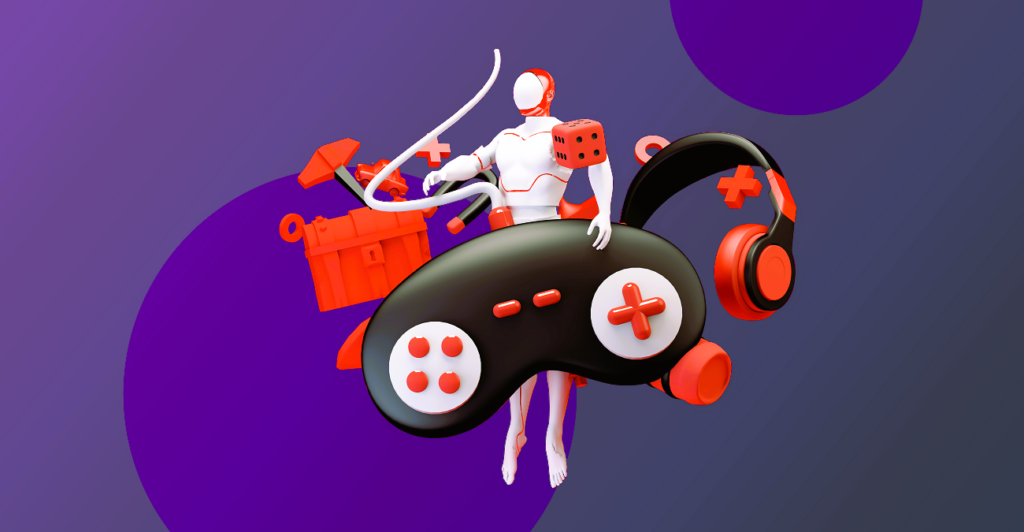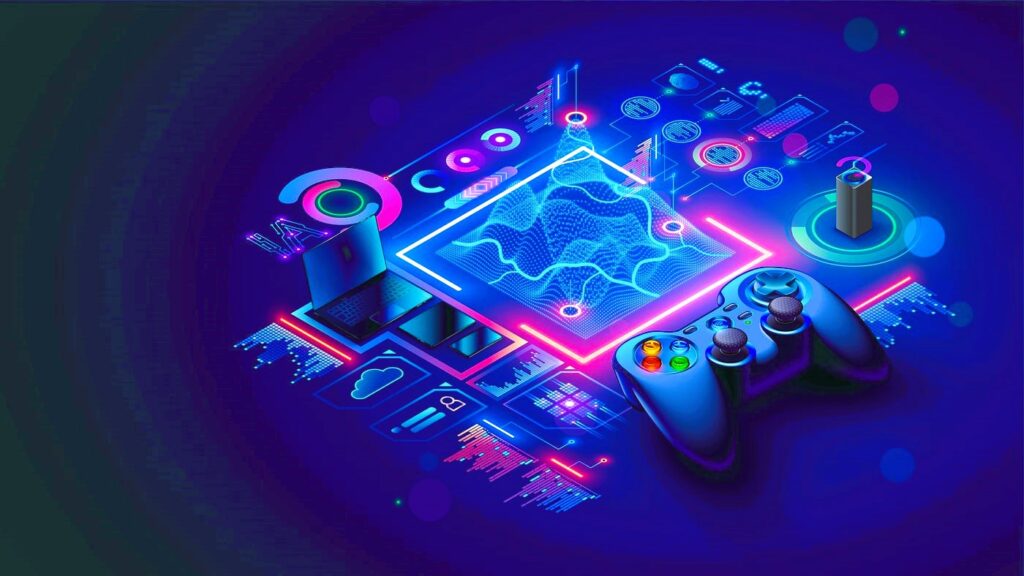Artificial Intelligence (AI) has been revolutionizing various industries, and the gaming sector is no exception. In recent years, AI technology has advanced significantly, opening up new possibilities and opportunities for game developers. From creating more immersive gaming experiences to enhancing gameplay mechanics, AI is transforming the way games are developed and played.
One of the most significant advantages of AI in games is its ability to create intelligent and adaptive non-player characters (NPCs). Traditionally, NPCs in games were often predictable and followed scripted behaviors. However, with AI, developers can now design NPCs that exhibit human-like intelligence, making them more challenging and engaging for players to interact with.
For example, AI-powered NPCs can learn from player behavior and adapt their strategies accordingly. This means that every playthrough of a game can offer a unique experience, as NPCs react differently based on the player’s actions. This level of dynamic gameplay adds depth and replay value to games, keeping players engaged for longer periods.
Another area where AI is making a significant impact is in procedural content generation. Procedural generation techniques use algorithms to generate game content such as levels, maps, and quests dynamically. By leveraging AI, developers can create vast, open-world environments that feel alive and responsive to player actions.
AI can also be used to enhance game graphics and visuals. Machine learning algorithms can analyze and interpret visual data to generate high-quality textures, animations, and effects in real-time. This not only improves the overall visual fidelity of games but also reduces the workload on artists and developers, allowing them to focus on other aspects of game development.
Furthermore, AI-powered analytics tools are helping developers better understand player behavior and preferences. By collecting and analyzing vast amounts of gameplay data, developers can gain valuable insights into how players interact with their games. This information can then be used to optimize game mechanics, balance difficulty levels, and tailor experiences to individual players. Did you like the article? Read also about Game Design.

In addition to improving gameplay experiences, AI is also enabling new forms of game design and storytelling. For example, AI-driven narrative systems can dynamically generate storylines and dialogue based on player choices, creating more immersive and personalized narratives. Similarly, AI-generated music and sound effects can adapt to the player’s actions, enhancing the overall atmosphere and immersion of the game world.
Overall, the opportunities presented by AI in games are vast and diverse. From creating smarter NPCs to generating dynamic game content and enhancing visuals and audio, AI is revolutionizing every aspect of game development. As AI technology continues to evolve, we can expect even more innovative and groundbreaking applications in the world of gaming.
For more information on the role of AI in games, you can visit the following websites:
- Wikipedia – Artificial Intelligence in Video Games
These resources provide valuable insights and examples of how AI is shaping the future of gaming. Whether you’re a game developer looking to incorporate AI into your projects or a player curious about the latest advancements in game technology, these websites offer a wealth of information on the subject.

